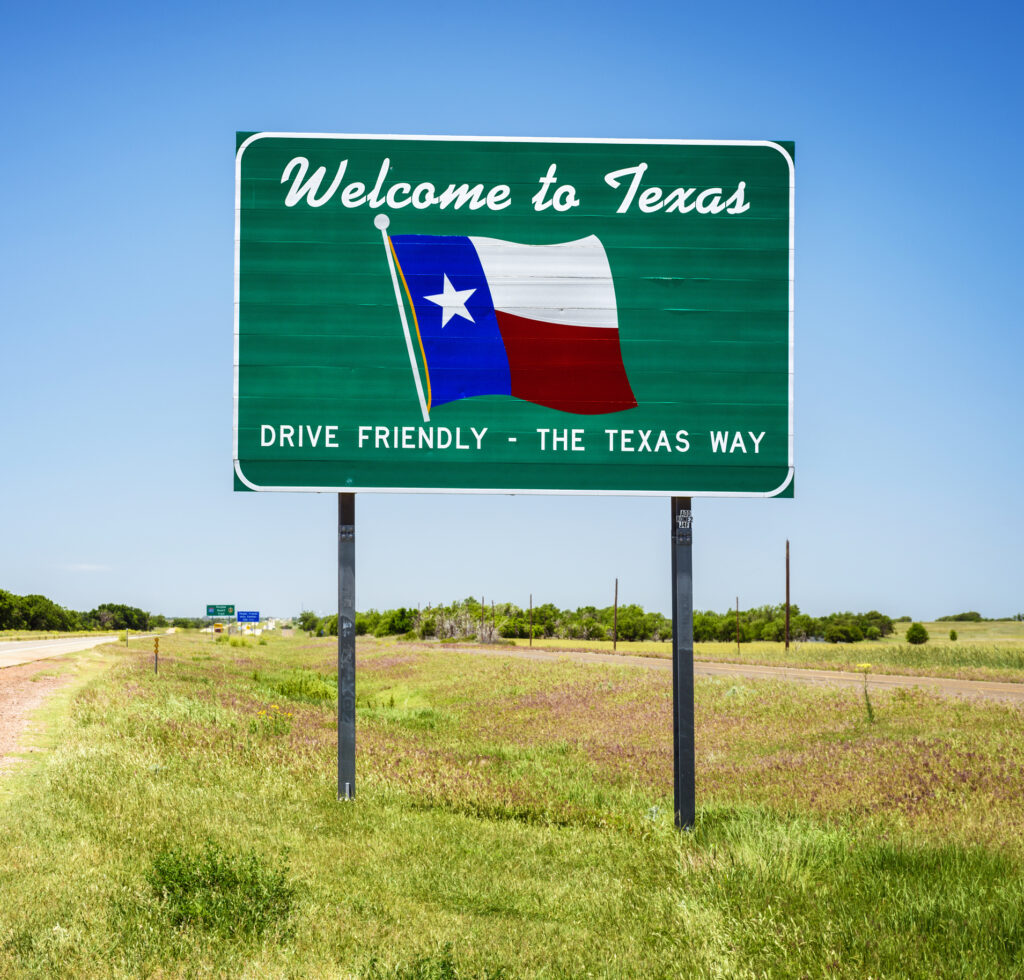The South is a place where sweet tea flows and the front porches never stay empty.
Just like a Tex-Mex tortilla wraps itself around its ingredients, Texans have a way of enveloping those around them with a feeling of warmth and thoughtfulness. While this long-standing tradition of Southern charm may catch newcomers by surprise, they will soon be lulled into its homey, relaxed sense of acceptance.
Stemming from a long history of refining the art of casual conversation, Texans engage and interact with just about anyone they meet. Unlike in other parts of the country, Texans genuinely enjoy small talk, often approaching strangers as if they’re already friends.
A simple “How y’all doin’?” or “Where ya’ from?” turns fleeting interactions into meaningful exchanges. Texans take pride in these connections, seeing it as both a duty and a pleasure to make people feel welcomed.
Here are some examples of just how charming Texans can be.
Southern Social Etiquette
In Texas, good manners are a point of pride, blending the formality of “Yes, ma’am” and “No, sir” with a touch of warm familiarity:
- A gentle tilt of the cowboy hat to acknowledge a passerby.
- A friendly wave lifted from the steering wheel as they pass another car on a country road.
- Addressing anyone older as “Miss” or “Mister,” even if they just met.
- They call any woman older than themselves “Miss,” along with her first name.
- The Heart of Hospitality
Jacob Abbott (1803–1879), an American writer and educator, was renowned for his contributions to children’s literature and educational works. In 1835, he authored New England, and Her Institutions, a book that, despite its title, includes observations from his travels through the Southern United States. During this journey, Jacob documented the distinctive customs and social practices of the South, highlighting the region’s exceptional hospitality.
He observed that the hospitality extended by Southerners was so generous that it diminished the need for well-supported taverns.
He shared stories about travelers, who, as they approached a plantation, were warmly received by the homeowners, who were often ready to greet them at the steps. This open-hearted reception was a testament to the Southern tradition of welcoming strangers into one’s home, offering the best provisions available. These accounts provide early documentation of what would later be termed “Southern hospitality,” a cultural hallmark characterized by warmth, generosity, and a readiness to assist others.

In the same tradition, Texans are known for making people feel at home and relaxed, and even pride themselves on including homemade Southern cuisine in their neighborly ways:
- Surprising a new neighbor with a cake
- Bringing a “covered dish” to an event
- Delivering a meal to a bereaved family or someone ill
- Serving some sweet, iced tea
- As well, thinking of others has become a Texas tradition:
- Always willing to stop and offer directions or lend a hand to those in need
- Engaged in their communities by volunteering or donating to local causes
- Ready with a hug and some kind words
There’s a kindhearted spirit here that native Texans grew up with and those new to Texas aspire to emulate. Combined with the warmth of the weather and the warmth of its people, it makes for a state of wellbeing.
Texans have a special way about them. They mind their manners, are welcoming to all, and are never at a loss for words when it comes to small talk- even with perfect strangers.
Popular Culture
According to Wide Open Country, a website celebrating all things country, there are 14 movies all Southerners should see before they die. These quintessential movies capture the South and all it stands for:
- Gone with the Wind, 1939: The Civil War is juxtaposed against the romantic escapades of Scarlett O’Hara, the beautiful daughter of a wealthy plantation owner.
- To Kill a Mockingbird, 1962: A coming-of-age story, as two young children view racial prejudice by observing their lawyer father defend a falsely accused black man.
- Smokey and the Bandit, 1977: Illegally transporting Coors beer over state lines and picking up an attractive hitchhiker leads to a comical high-speed chase.
- Coal Miner’s Daughter, 1980: Loretta Lynn’s story of growing up poor, marrying at 15, and becoming a country music legend.
- Crossroads, 1986: A young, white, wannabe blues guitarist enlists the help of a retired, black blues musician as they tour the South together in search of a long-lost song by a legendary blues artist.
- Steel Magnolias, 1989: A group of women bond in a beauty salon and create friendships that carry them through happy and sad times.
- Driving Miss Daisy, 1989: Afraid to let his mother drive any longer, an elderly woman’s son hires a chauffeur for her. Over time, she and her African American driver form a great friendship, despite their differences.
- Fried Green Tomatoes,1991: An unhappy housewife is motivated to change her life based on the stories shared by an interesting woman she encounters in a nursing home.
- Forrest Gump,1994: A young man with a low IQ and lack of social skills travels through amazing life adventures with a positive attitude and childlike enthusiasm.
- O Brother, Where Art Thou? 2000: Three convicts escape from a chain gang, in search of a buried treasure, meeting many colorful characters along the way.
- Divine Secrets of the Ya-Ya Sisterhood, 2002: A woman with a tumultuous past finds peace with the help of her lifelong friends.
- Sweet Home Alabama,2002: A sophisticated New Yorker leaves behind her life in Alabama to marry an eligible bachelor, until she finds out she’s not yet divorced from her high school sweetheart back home.
- Cold Mountain, 2003: A wounded Civil War deserter travels home to reunite with the wife he left behind.
- Selma, 2014: The movie chronicles the 1965 march from Selma to Montgomery Alabama led by Martin Luther King to protect equal voting rights for African Americans.
